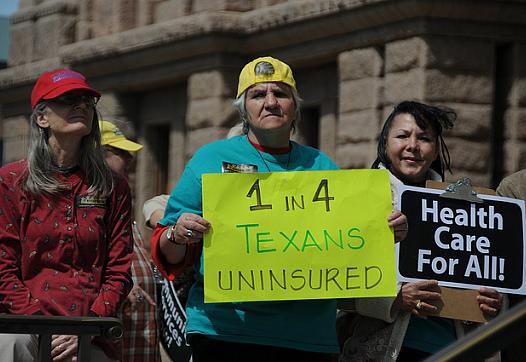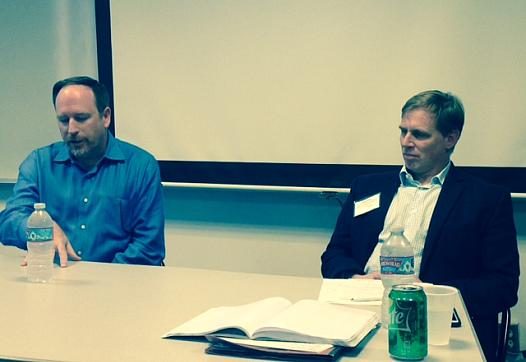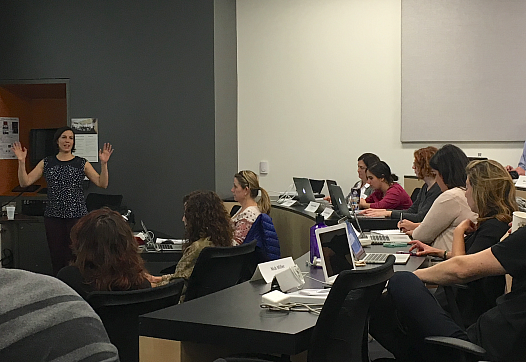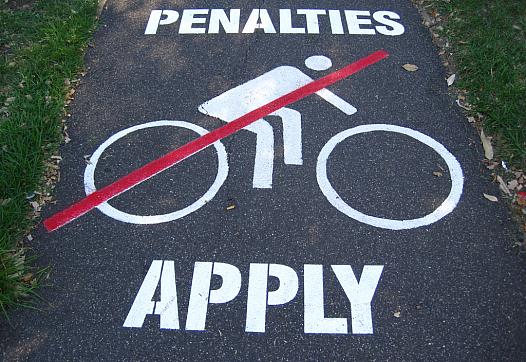
Cohen recently gave California fellows a master class in how to approach public records. In her talk, Cohen stressed the level of pre-reporting that needs to be done before filing a request. Here are a few key takeaways.

Cohen recently gave California fellows a master class in how to approach public records. In her talk, Cohen stressed the level of pre-reporting that needs to be done before filing a request. Here are a few key takeaways.

The health insurance marketplaces offer consumers a multitude of options, but sorting out which plan bests suit their needs can be a slog. That’s especially true when it comes to figuring out whether a particular doctor is part of a plan’s network, since the directories are famously unreliable.

Notions of personal failure and our collective ignorance of what it’s like to live on $8.60 a day help explain why 20 states have not covered the very poorest, and why Medicaid as we know it could disappear.

Hospitals across Orange County and around the country are making mistakes that can be harmful, even deadly, to patients, but the public rarely finds out about them. Details of conditions inside Mission Hospital were hidden by the federal government for six months.

USC Annenberg’s Center for Health Journalism brought together state health officials and journalists on Friday to discuss how the two groups can work together more to foster better access to key datasets and the high-impact journalism that can result.

As we pass the two-year mark on the rollout of the Affordable Care Act, journalists are still asking a lot of questions about just how well health reform is working when it comes to expanding coverage. Data journalist Meghan Hoyer shows data fellows how to interrogate the data.

California says the expense of new hep C drugs has nothing to do with who is prescribed them. But the question lingers: With some 200,000 people living with hep C in Medi-Cal, how much of a factor is cost in determining which patients receive treatment?

My story for the 2015 California Data Fellowship will look at mental health encounters involving police and deputies, hospitals and emergency rooms, jails and courts. The goal is to quantify different type of mental health encounters using available data, and lay out the policy implications.

New hepatitis C treatments are both staggeringly effective and expensive. This has sparked a nationwide discussion about the high cost of specialty drugs and how such costs are keeping patients from needed treatments. Prescribing data may offer new insights.

Starting in 2007, California’s hospital administrative penalties program was designed to bring greater accountability to hospitals that commit “never events” and put patients in immediate jeopardy. So, what does the data tell us about how well it's working?